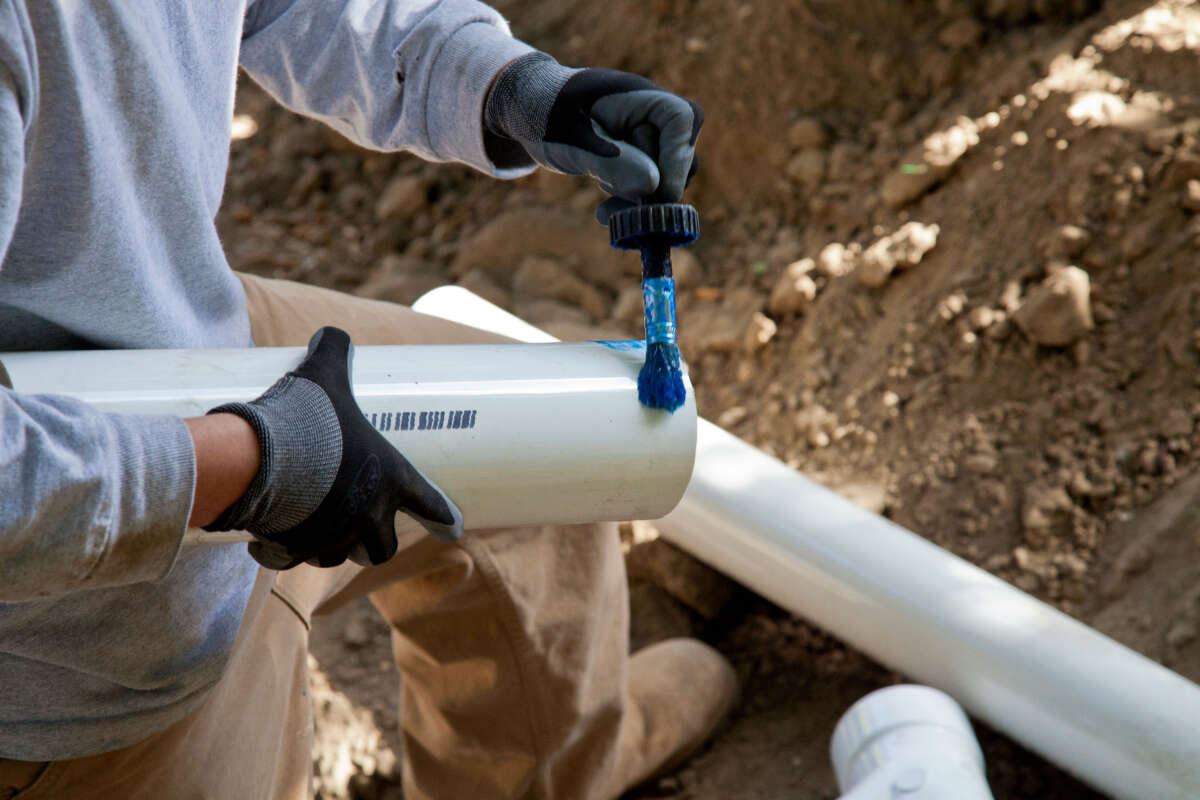Truthout is an indispensable resource for activists, movement leaders and workers everywhere. Please make this work possible with a quick donation.
The U.S. Environmental Protection Agency announced it’s reviewing vinyl chloride under the Toxic Control Substance Act (TSCA), which could lead to restrictions or a ban on the widespread, toxic chemical.
Vinyl chloride is used primarily to make polyvinyl chloride (PVC) plastics. The chemical is already classified by the U.S. Environmental Protection Agency (EPA) as a carcinogen, and is linked to higher rates of lung and liver cancer, as well as liver disease, neurological problems and miscarriage. Billions of pounds are produced annually in the U.S.
It is one of five chemicals the EPA will review under TSCA, which is the primary chemical safety law in the U.S. The other chemicals include acetaldehyde, acrylonitrile, benzenamine, and MBOCA.
“Under the Biden-Harris Administration, EPA has made significant progress implementing the 2016 amendments to strengthen our nation’s chemical safety laws after years of mismanagement and delay. Today marks an important step forward,” assistant administrator for the Office of Chemical Safety and Pollution Prevention Michal Freedhoff said in a statement.
Under TSCA, the EPA will examine all exposure routes — including air emissions, drinking water and soil contamination — as well as workplace and accident exposure.
The latter is especially significant as on Feb. 3, a Norfolk Southern train carrying a long list of toxic chemicals — including vinyl chloride — caught fire as it approached East Palestine, Ohio. The train derailed and the cars burned for three days. Months after the incident, residents, despite reassurances from the EPA and other agencies, were experiencing myriad health problems. Many residents left and never returned.
“We have seen firsthand what vinyl chloride can do to a community,” Hilary Flint, vice president of Unity Council for the East Palestine Train Derailment and director of communications and community engagement for Beaver County Marcellus Awareness Community, said in a statement. “This is a step in the right direction and we will continue to fight for a total vinyl chloride ban.
The American Chemistry Council, which represents chemical manufacturers, said it appreciates the “agency working to engage the public early in the process,” and encouraged the EPA to put “science first” in its review.
“Gathering the most relevant data to inform future decision-making will be critical. Anything less will add regulatory burden, cost, delays, and impede progress to a sustainable and circular economy,” the Council said in a written statement.
Environmental Justice
An April report from Toxic-Free Future found that vinyl chloride particularly threatens communities of color and economically disadvantaged communities in the U.S. due to pollution from plastics manufacturing plants.
The report found 19 PVC factories in the U.S. released more than 400,000 pounds of vinyl chloride into the air in 2021. Five companies – Westlake Chemical, Formosa Plastics, Occidental Chemical, Shintech and Orbia (Mexichem) – were the worst offenders.
Roughly 373,262 Americans live within three miles of a vinyl chloride or PVC manufacturing facility or PVC waste disposal facility, according to the report, and 63% are people of color. In addition, residents living in the three-mile radius earn an income 37% below the national average.
Vinyl Chloride Ban
Many environmental and health organizations welcomed the EPA’s announcement.
“This is one of the most important chemical review processes ever undertaken by the EPA. I applaud the EPA for launching this review,” Judith Enck, President of Beyond Plastics and former EPA Regional Administrator, said in a statement. Beyond Plastics has called on the EPA to ban vinyl chloride.
The EPA announced means the agency will now examine the chemicals to see if they’re “high priority substances,” which is determined by the hazard and exposure potential of each contaminant. If they are determined high priority, a further risk evaluation starts to determine restrictions or a ban.
Holding Trump accountable for his illegal war on Iran
The devastating American and Israeli attacks have killed hundreds of Iranians, and the death toll continues to rise.
As independent media, what we do next matters a lot. It’s up to us to report the truth, demand accountability, and reckon with the consequences of U.S. militarism at this cataclysmic historical moment.
Trump may be an authoritarian, but he is not entirely invulnerable, nor are the elected officials who have given him pass after pass. We cannot let him believe for a second longer that he can get away with something this wildly illegal or recklessly dangerous without accountability.
We ask for your support as we carry out our media resistance to unchecked militarism. Please make a tax-deductible one-time or monthly donation to Truthout.
